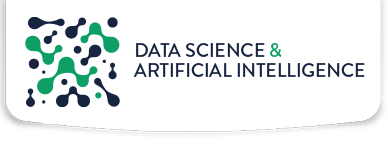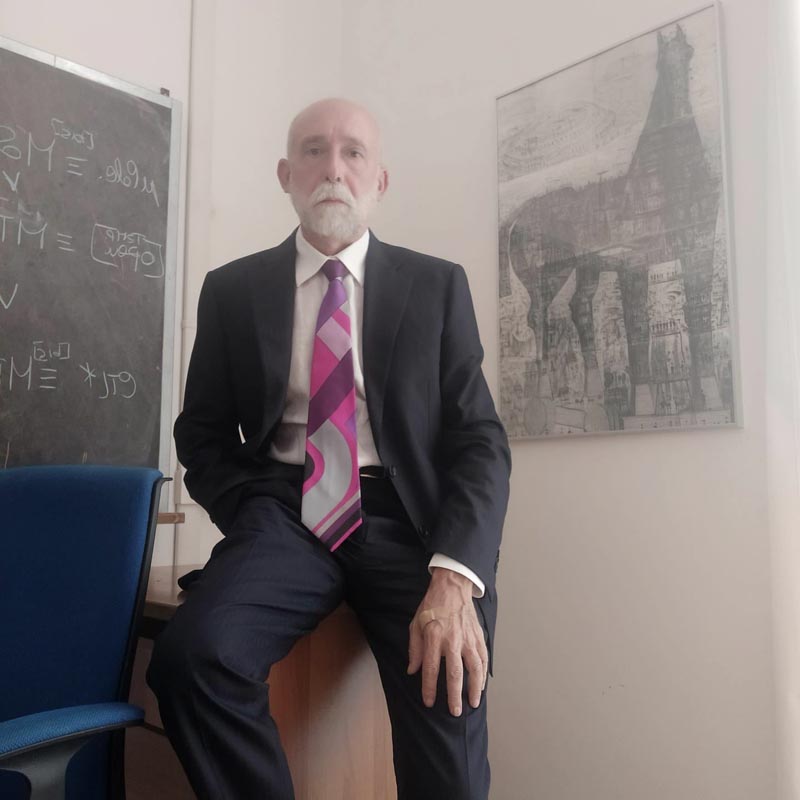Degree in Computer Science, University of Udine.
PhD in Computer Science, Pisa, 1993 (5th cycle) with thesis entitled Synchronous and Asynchronous Models for Statecharts (Supervisor Prof. A. Maggiolo-Schettini, Co-Rapporteurs David Harel and Jozef Winkowski).
Researcher in Computer Science (Scientific Disciplinary Area K05B) from 24 June 1993 to 30 October 2001 at the Faculty of Humanities, University of Udine.
Associate Professor in Computer Science (Scientific Disciplinary Area Inf-01) from l November 2001 at the Faculty of Mathematical, Physical and Natural Sciences of the University of Naples ‘Federico II’.
Full Professor in Computer Science (Scientific Sector – discipline Inf-01) from l February 2005 to 31 August 2022 at the University of Naples “Federico II”.
Full Professor at the University of Trieste from 1 September 2022 to date.
Chairman of the Degree Course in Computer Science at the Faculty of Mathematical, Physical and Natural Sciences, University of Naples “Federico II” from February 2005 to October 2010.
Coordinator of the Degree Course in Computer Science of the Department of Electrical Engineering and Information Technology of the University of Naples “Federico II” from June 2016 to July 2022.
Coordinator of the Study Course in Artificial Intelligence and Data Analytics at the University of Trieste from 24 February 2023 to date.
Teaching activities.
He currently holds the following courses at the University of Trieste
– Computability, Complexity and Logic (Bachelor Degree in Artificial Intelligence and Data Analytics)
– Data Management fo big data (Master Degree in Data Science and Scientific Computing).
Previous teaching activity took place in the Bachelor’s and Master’s degree courses in Computer Science at the University of Naples ‘Federico II’, mainly in the courses of
Databases and Information Systems (Three-year degree in Computer Science);
Software Engineering (Bachelor’s Degree in Computer Science);
Advanced databases (Master’s Degree in Computer Science);
Fundamentals of programming languages;
Specification Techniques (Master’s Degree in Computer Science).
Research activities
The research activity covers both theoretical and applied fields. The activity of a theoretical nature has as a common factor the development and application of techniques for the specification and verification of concurrent and distributed systems with a focus on temporal aspects.
Summary of research activities:
– Model Checking and Satisfiability problems for interval logics,
Hyper logics, Second order monadic logics.
– Model/Module checking of hierarchical, recursive and timed systems.
– Planning based on time-line.
– Specification and validation of railway control systems.
– Formal verification of security protocols.
– Temporal logics, metrics and temporal granularities.
– Spatio-temporal information systems.
– Time series databases.
– Regression testing software
– Formal semantics for Statecharts.
– Timed and dynamic automata.
– Formal languages.
– Processing and interpretation of images.

